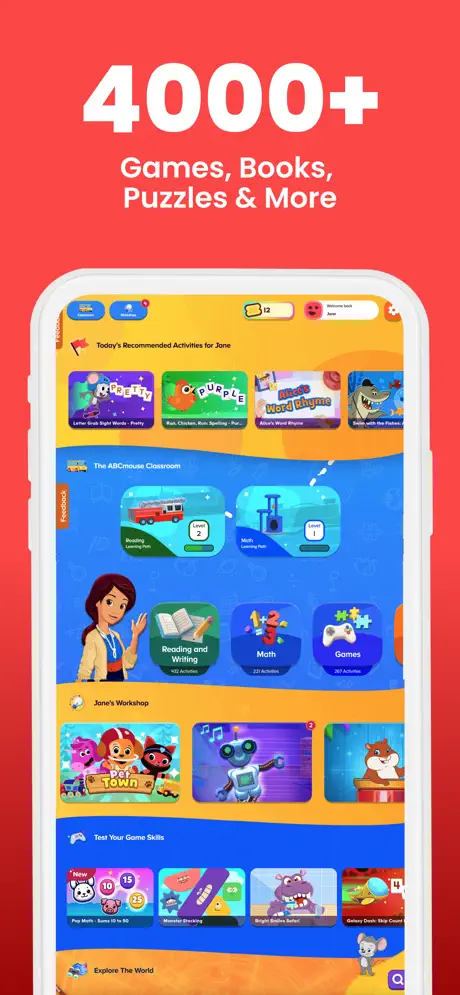Why Interactive Educational Games Help Kids Learn Faster
As a parent, you’ve probably asked yourself this: How do I make learning fun for my child?
It’s a real concern — and a valid one. Kids today are surrounded by screens, and it’s easy to feel uneasy about it. But what if that screen could actually teach your child in a way that’s both educational and genuinely fun?

That’s where educational games for kids come in. These aren’t just time-fillers — they’re smart, research-backed tools that mix learning with play. And the result? Kids don’t just memorize; they actually understand. In this article, we will cover how these apps help kids learn faster, so let’s dive in:
1.Kids Learn Best When They’re Having Fun
Let’s face it — most young kids are bursting with energy and curiosity. Traditional learning tools like books and worksheets? They are not always a great match for their playful, hands-on nature. That’s why kids learning games are so effective. They meet children where they are — in a world full of colour, movement, and imagination. Whether it’s matching shapes, solving puzzles, or exploring an animated storyland, kids learn as they play. They don’t even realize they’re “studying” — they’re just having fun. And because they’re genuinely engaged, they remember what they learn.
2.Games Make Learning Active, Not Passive
Watching videos or listening to a teacher talk is often a passive experience. Kids might zone out. But games? They demand action. In most kindergarten learning games, kids tap, drag, think, match, and make choices. They get instant feedback. Did they get it right? Great! If not, they try again — no pressure. This kind of interaction activates the brain in ways passive learning simply can’t. And here’s the cool part: active learning leads to better memory and understanding. It sticks.
3.No Fear of Failure
One of the sneakiest barriers to learning? Fear of getting things wrong. A worksheet marks answers right or wrong — that’s it. And for some kids, that’s enough to shut down curiosity. However, educational apps for kids work differently. They encourage. They give second chances. They say, “Oops, try again!” — and reward effort, not just accuracy. Little animations, cheerful voices, and progress stars create a safe space where mistakes aren’t scary. They’re just part of learning. And that builds confidence — which is huge for young learners.
4.Every Child Gets to Learn at Their Own Pace
In a classroom, it’s easy for a child to feel either lost or bored. That’s not a reflection of their ability — it’s just the reality of group learning. But with a good kids education app, the learning adapts to your child. If something’s tricky, the app might slow things down or offer help. If it’s too easy, it steps things up a notch. This adaptive learning means your child is always engaged — not overwhelmed, not underwhelmed. And that’s a game-changer.
5.When Learning Feels Like a Game, It Doesn’t Feel Like Work
We all remember the fun lessons — the ones that felt like an adventure. Kids are the same. When learning feels like a game, it becomes something they look forward to. Something they choose to return to. And over time, that adds up to better skills, more knowledge, and a healthier relationship with learning itself.
It’s totally normal to be cautious about screen time. But here’s the thing — not all screens are equal. Some drain attention and waste time. But others? They can spark curiosity, build confidence, and support your child’s development in incredible ways. If you’ve been wondering how to blend play and learning in a way that actually works — try exploring a trusted kids’ learning app. It might just be one of the best choices you make for your child’s early years.